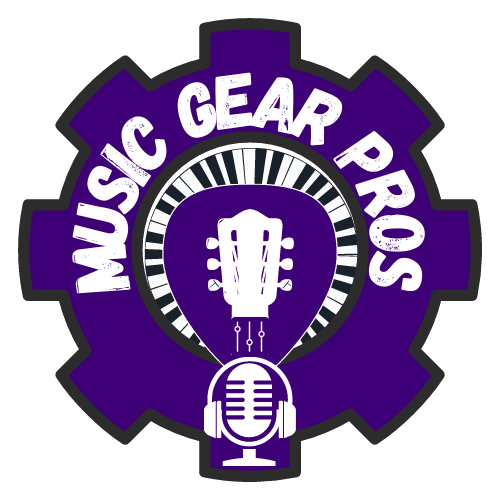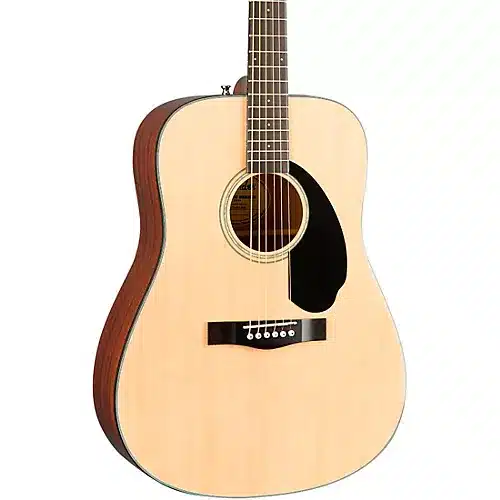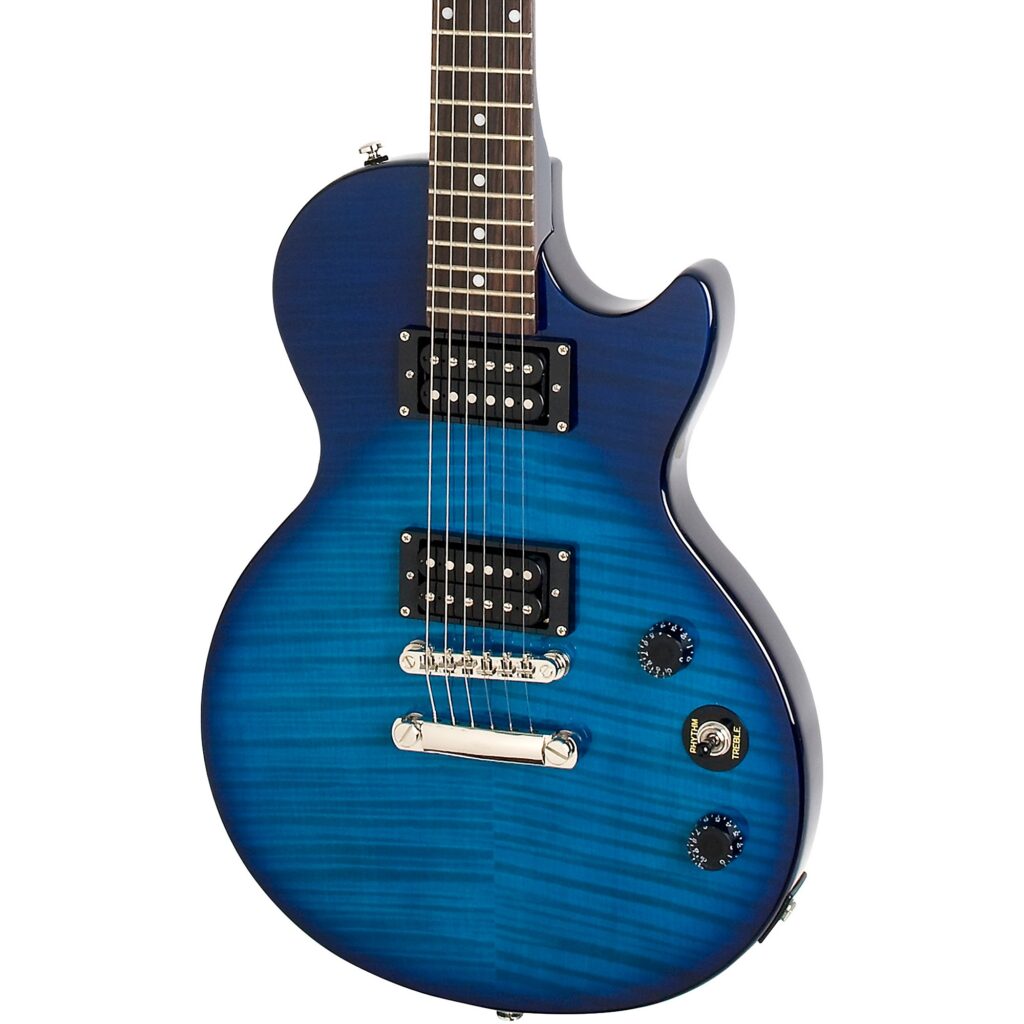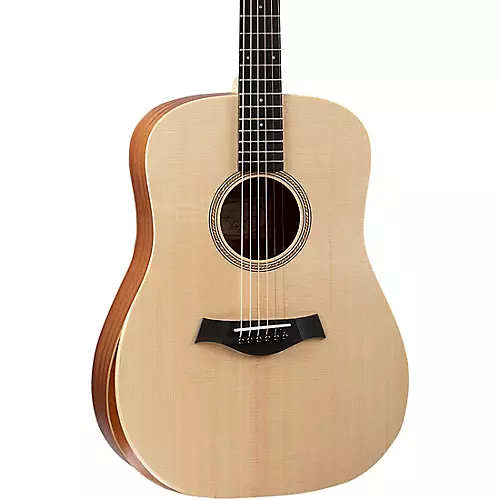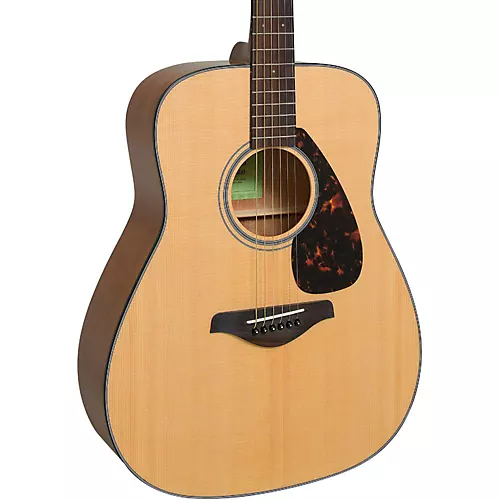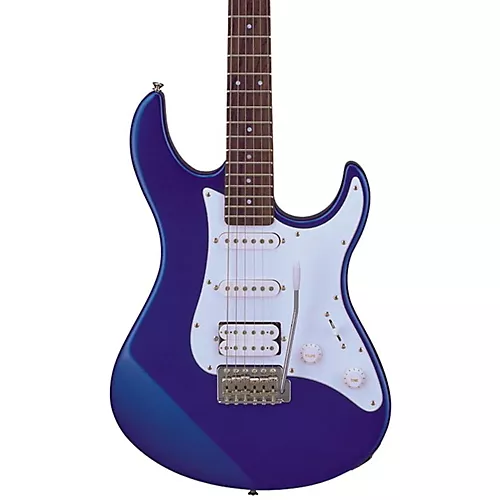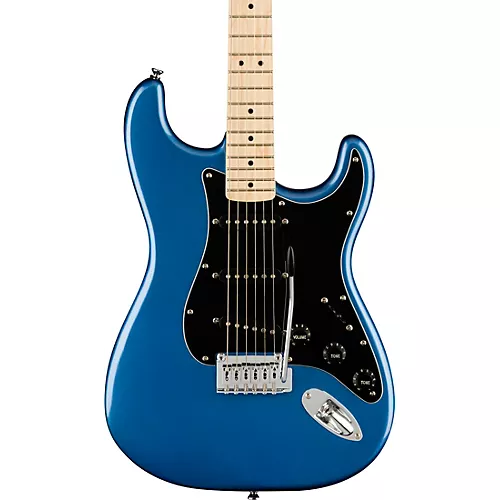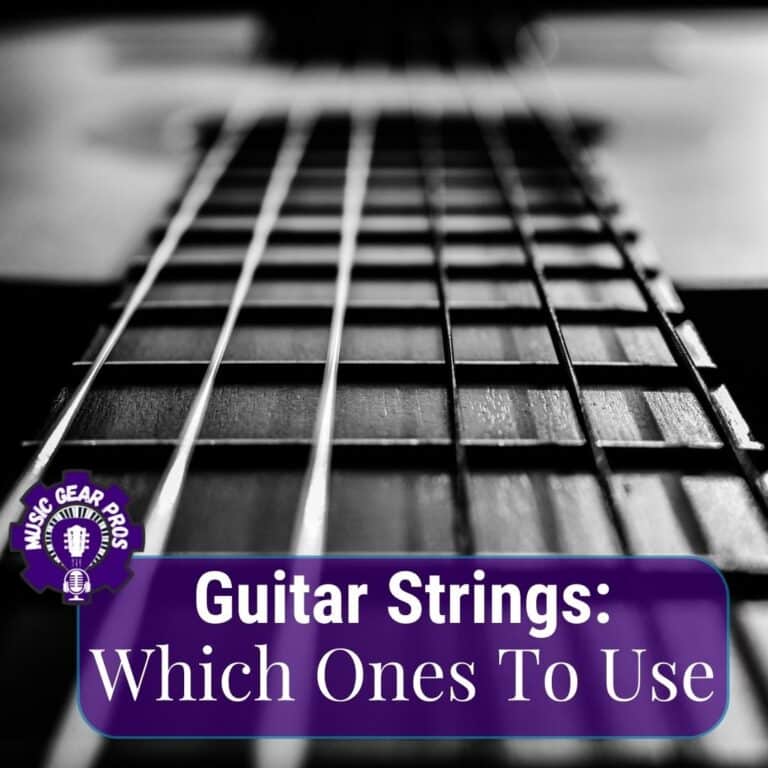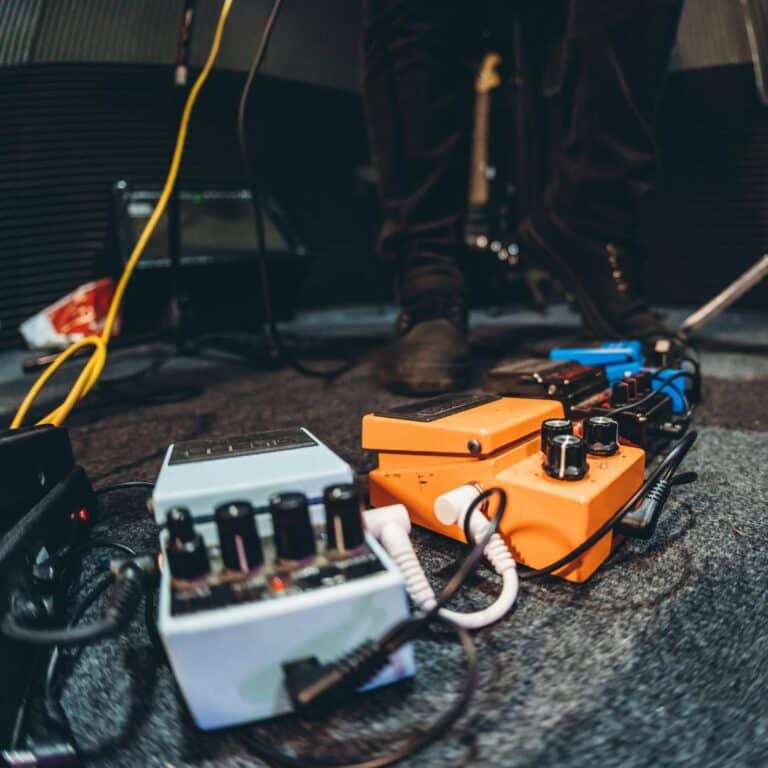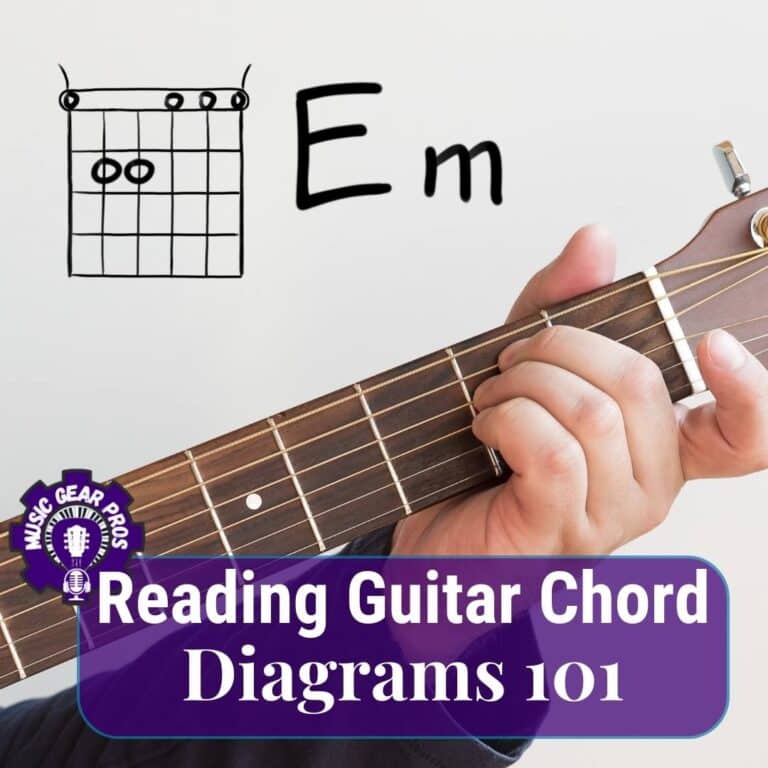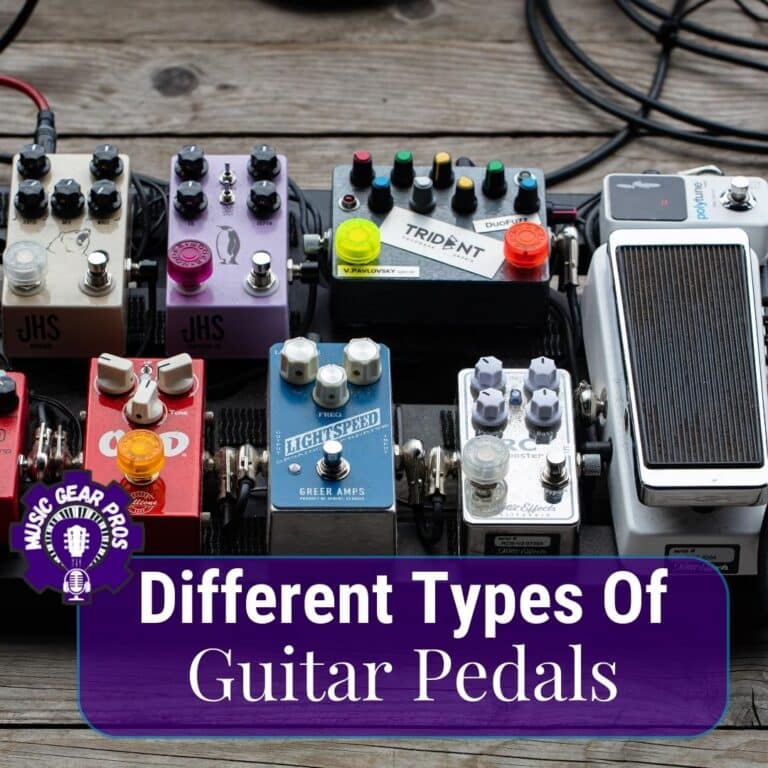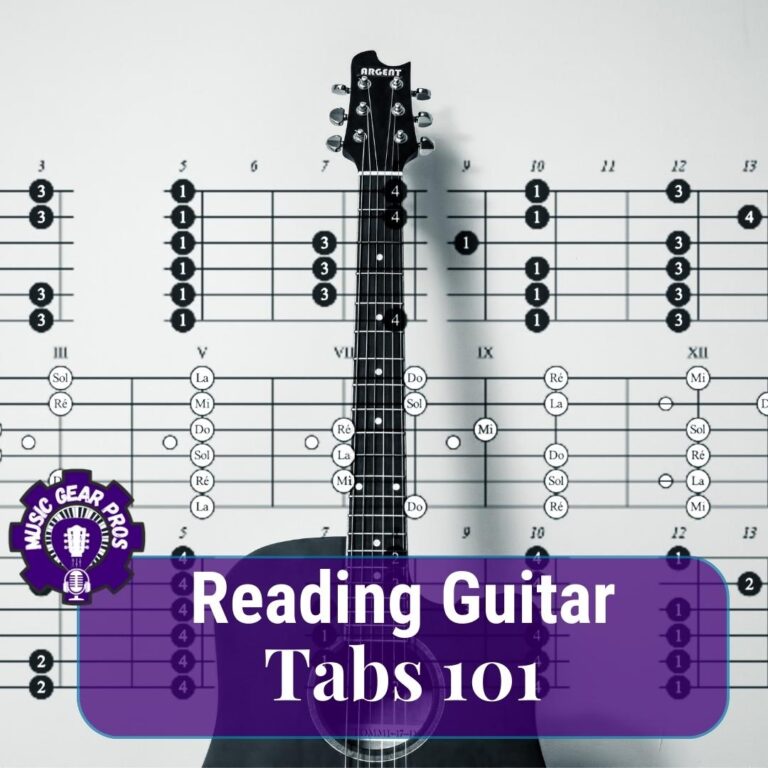The Best Guitar for Beginners in 2024
Decided on the exciting journey of learning to play the guitar! How do you choose the best guitar for beginners? Oh yes, We can help you with that!
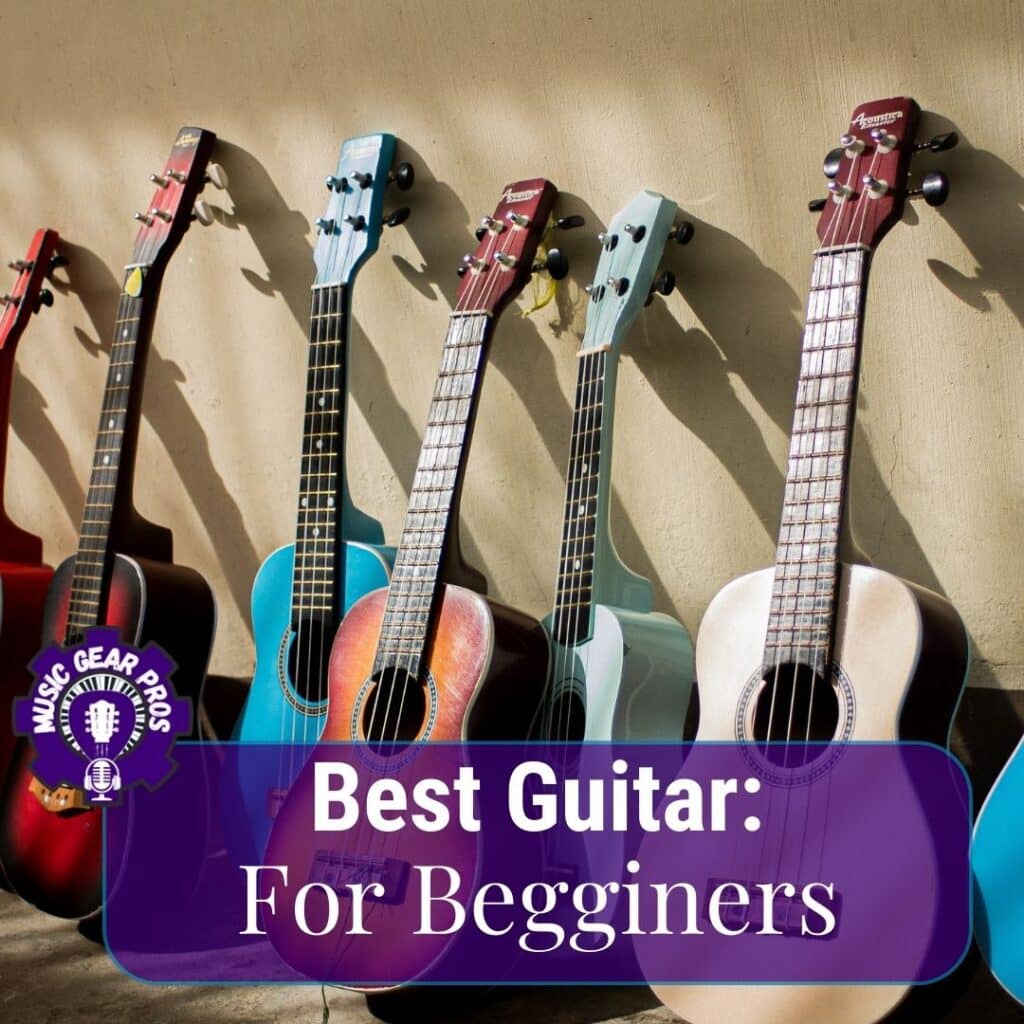
In this comprehensive guide, we’ll take you through the different types of guitars, the factors to consider when choosing your first instrument, and even share our top picks for the best beginner guitars. Let’s dive in!
In a hurry? Here are our 3 Top Picks and a Short Summary
- Start your musical journey with the right beginner guitar – acoustic, electric, or classical.
- Consider budget, size & comfort, playability, and tone & sound quality to find the perfect fit.
- Invest in accessories and maintenance for an enjoyable playing experience!
Understanding Different Types of Guitars
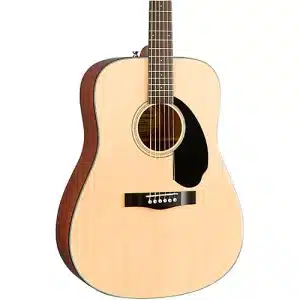
When it comes to beginner guitars, there are three main types to consider: acoustic, electric, and classical. Each type has its unique features, benefits, and learning curves, so it’s essential to understand the differences before making your decision. It’s like choosing a trusted companion for your musical journey – you want to pick one that suits your style, preferences, and ambitions.
Acoustic guitars are an excellent choice for those just starting because of their simplicity, fewer variables, and remarkable consistency in tone. On the other hand, electric guitars are perfect for rock and metal enthusiasts and offer a whole new world of sound possibilities.
Finally, classical guitars, with their wider neck and fretboard, are ideal for beginners who prefer a gentler touch and the soothing sound of nylon strings. Let’s look at each type to help you make the best choice for your musical journey.
Acoustic Guitars
Acoustic guitars come in various shapes and sizes, making them an ideal choice for beginners due to their ease of learning and playing. They typically have a hollow body and steel strings, producing a rich, resonant sound perfect for various music genres. There are several types of acoustic guitars, such as dreadnought, jumbo, concert, grand auditorium, and folk. Each type has its distinct shape, body, type of wood used, and brand, all contributing to the instrument’s sound.
Starting with an acoustic guitar is essential for beginners as it allows them to hone their skills and improve their sound quality before transitioning to an electric guitar. Plus, with so many different types of acoustic guitars, you’re sure to find the perfect one that suits your playing style and preferences.
Electric Guitars
Electric guitars are an exciting way to make music! Unlike acoustic guitars, electric guitars need to be connected to a guitar amp to produce sound. However, they can also be played without an amp, albeit very quietly. Electric guitars are known for their versatility and are ideal for those who want to play rock and metal songs. They feature hardware components such as tuners, volume and tone knobs, pots, pickup selector switch, nut, and bridge, all of which are essential for crafting an amazing electric guitar sound.
One of the unique features of electric guitars is their pickups, which pick up the frequency of the string vibrations and transmit those frequencies through wires and into an amp. There are two main types of pickups: single coil and humbucking pickups. Single coil pickups are composed of a single coil, while humbuckers are crafted with two single coils wired with opposite polarity, side by side. This variety allows you to explore various tones and genres, making electric guitars an exhilarating choice for beginners.
Classical Guitars
Classical guitars, also known as nylon-string guitars, are an excellent choice for those who prefer a softer, mellower sound compared to steel-stringed acoustic guitars. They boast a wider neck and fretboard, making them easier to play and perfect for those beginning their guitar journey. Classical guitars are often associated with traditional classical music but can also be used for various music genres like flamenco, bossa Nova, and folk.
A popular choice for beginners is the Yamaha C40 II Classical guitar, which has a rosewood fretboard and a bright, tonally balanced tone. With its beginner-friendly features and soothing sound, a classical guitar can be a delightful option for those who want to ease into their guitar journey.
Top Beginner Acoustic Guitars
Now that you know what to look for in a beginner guitar, let’s dive into our top picks for beginner acoustic guitars. We’ve carefully evaluated and selected the Fender CD-60S, Yamaha FG800, and Taylor Academy 10 as our top choices.
These guitars offer a fantastic mix of quality, playability, and affordability, making them an excellent choice for those just starting their musical journey.
The Fender CD-60S is an excellent entry-level acoustic guitar. It’s a great option if you’re looking for something budget-friendly. This guitar offers a solid spruce top for exceptional sound and rolled fingerboard edges for an incredibly comfortable playing experience. It’s perfect for those just starting out and comes at an incredibly low price.
With its quality components and beautiful sound, the Fender CD-60S is an excellent choice for any aspiring guitarist. Besides, who doesn’t love Fender!
The Taylor Academy 10 is an amazing acoustic guitar that will make your music sound incredible. Some of its standout features include a carved armrest, Sitka spruce top, and ebony fretboard, offering sparkly tones, extreme comfort, and huge sustain.
Although the price of the Taylor Academy 10 may be a bit of an investment, it’s definitely worth it for those truly passionate about learning. With its beginner-friendly features and soothing sound, the Taylor Academy 10 is a delightful option for those who want to ease into their guitar journey.
The Yamaha FG800 is an excellent entry-level acoustic guitar that is perfect for those just starting out. It has a solid spruce top and nato/okoume back and sides, making it a great choice for anyone looking to begin their musical journey. Plus, it’s part of Yamaha’s popular FG series, so you know it’s a quality instrument.
The Yamaha FG800 has an impressive solid spruce top and nato/okoume back and sides and is part of Yamaha’s renowned FG series. It also boasts a rosewood fingerboard and bridge, die-cast tuners, and a beautiful tortoise pickguard.
The Yamaha FG800 is a fantastic option for beginners because of its great value and superior construction.
Top Beginner Electric Guitars
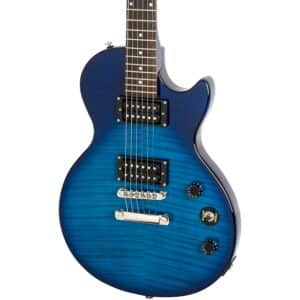
If you’re more interested in electric guitars, don’t worry – we’ve got you covered. Here are our top picks for beginner electric guitars: the Squier Affinity Stratocaster, Epiphone Les Paul Special II, and Yamaha Pacifica PAC112V.
These guitars offer a fantastic mix of quality, playability, and affordability, making them an excellent choice for those just starting their musical journey.
The Epiphone Les Paul Special II is an amazing Les Paul style electric guitar that is perfect for beginners to get a feel and tone of a Les Paul. It has two exposed coil humbucking pickups, one volume knob, one tone knob, and a three-way pickup selector switch, making it an ideal way to start learning guitar.
The Epiphone Les Paul Special II offers a broad and warm tone, perfect for blues, rock, or metal. With some distortion, overdrive, or grit added, you’ll be able to get the most out of this electric guitar.
The Yamaha Pacifica PAC112V is an electric guitar model that is renowned for its amazing tone, exceptional playability, and robust alder body with pro-level hardware and electronics. It is an ideal choice for beginners and can be used for playing a variety of music genres.
The Pacifica PAC112V boasts a solid alder body, two powerful single-coil pickups, an impressive humbucker pickup, a vintage-style tremolo bridge, and a bolt-on maple neck with a luxurious rosewood fingerboard. With its robust construction and versatile sound, the Yamaha Pacifica PAC112V is an excellent choice for beginner electric guitarists.
The Squier Affinity Stratocaster is an awesome beginner guitar that offers a classic Stratocaster design at a budget-friendly price. It produces a bright, articulate tone with plenty of clarity and punch, making it a truly remarkable sound.
The Squier Affinity Stratocaster is perfect for blues, jazz, post-rock, country, or similar genres that thrive on pristine (or mostly pristine) tones. With its classic design and versatile sound, the Squier Affinity Stratocaster is a fantastic choice for any aspiring guitarist.
Factors to Consider When Choosing the Best Guitar for Beginners

Now that you have a basic understanding of the different types of guitars, it’s time to dive into the factors you should consider when choosing your first guitar. These factors include budget, size and comfort, playability, tone, and sound quality. Each factor plays a significant role in ensuring you have the best possible experience as a beginner guitarist.
So let’s explore each factor in detail and see how they can help you find the perfect guitar for your musical journey.
Budget
Before you start browsing guitars, it’s essential to have a clear understanding of your budget. Setting a budget and staying committed to it will help you make a more informed decision and prevent any regrets later on.
A good price range for beginner acoustic guitars is between $150 and $250. While you might be tempted to go for a sub-$100, non-branded guitar, you may experience issues with tuning stability, action, and sound quality. Investing a little more means you can expect higher quality components, a richer tone, and possibly even built-in electronics.
Size and Comfort
Size and comfort are crucial when choosing a beginner guitar, as they can significantly impact the instrument’s playability. When selecting the size and comfort of a beginner guitar, it’s important to consider factors such as body shape and size, height, finger thickness, hand size, posture, physical environment, and home/practice space for the best possible experience. To get a sense of which size and shape are best for you, try out different guitars and get a feel for how comfortable it is when it sits on your thigh.
A 3/4 size guitar is perfect for petite adults and children looking to start their musical journey. This smaller size makes it easier for individuals with smaller hands and shorter arms to reach the frets and play chords comfortably. Remember, comfort is key when learning a new instrument, so don’t hesitate to try out different sizes until you find the perfect fit.
Playability
Playability is another essential factor to consider when choosing a beginner guitar. The size and shape of the neck can make a big difference in terms of playing ease. Thinner necks, like the C shape, are generally considered more comfortable and can help you play faster.
A thickness of around 120mm is ideal for most people. Ultimately, you want to find a guitar that allows you to learn and play with ease, so feel free to try out different neck sizes and shapes until you find the one that feels perfect for you.
Tone and Sound Quality
Last but not least, tone and sound quality are crucial factors when choosing a beginner guitar. The type of wood used in the guitar’s construction can significantly affect its sound quality. For instance, mahogany produces a warm, mellow tone, while rosewood produces a brighter, more resonant tone. So, choose your wood carefully for the desired sound quality.
Keep in mind that the type of strings and pickups also plays a role in the guitar’s overall sound. By selecting a guitar with the right materials and components, you’ll be able to enjoy a rich, beautiful sound that will enhance your learning experience.
Buying Tips and Resources

Now that we’ve covered the best guitar for beginners, let’s discuss some buying tips and resources to help you get the most out of your purchase. These include trying before buying, online vs. local stores, and beginner guitar lessons.
By keeping these tips in mind, you’ll be able to make a more informed decision and ensure you’re getting the best possible instrument for your needs.
Trying Before Buying
Let’s face it, on these days, the internet makes it easier to shop without going anywhere. Sites like ours and reviews by other buyers can make it easy for you to decide on what to buy.
That said, if you are still not sure, you may need to try it to make sure it feels comfortable to play, produces the desired sound, and is worth the investment. To make the most of this exciting experience, you should take your time to play the guitar and listen to the beautiful sound it produces. You should also ask the store staff for helpful advice and tips on how to get the most out of the instrument.
If you decide to try it before buying one, you can visit a local music store and try it out, or you can rent a guitar from an online rental service.
Beginner Guitar Lessons
Once you’ve chosen your perfect beginner guitar, it’s time to start learning! Taking online guitar lessons like Fender Play is a fantastic option for beginners. Online lessons are cost-effective, and you can learn from the convenience of your own home. Plus, there are currently some great discounts available on certain platforms, so now is the perfect time to start learning.
When you start learning, you can check out our easy beginner songs article to get you going.
With the right guitar and lessons, you’ll be well on your way to becoming a skilled guitarist.
Accessories and Maintenance

In addition to choosing the right beginner guitar, it’s essential to invest in accessories and maintenance to ensure your guitar has the best possible care. These include guitar tuners, gig bags and cases, and strings and picks.
By taking care of your guitar and using the right accessories, you’ll be able to enjoy a rich, beautiful sound that will enhance your learning experience.
Guitar Tuners
Guitar tuners are vital for keeping your guitar sounding great and ensuring that you are playing in the perfect key. Clip-on guitar tuners are incredibly convenient, affordable, and simple to use, making them an excellent choice for beginners.
By investing in a quality guitar tuner, you’ll be able to keep your instrument sounding its best and focus on improving your playing skills.
Gig Bags and Cases
Gig bags and cases are essential for safeguarding your guitar from harm and preserving its condition. When choosing a gig bag or case, look for a waterproof covering, padding that safeguards the sides of your guitar as well as the back and top, and enough padding in the neck to keep that part of the bag rigid.
For maximum protection, hard cases are your best bet. With the right gig bag or case, you can ensure your guitar stays safe and secure, whether you’re traveling to lessons or storing it at home.
Strings and Picks
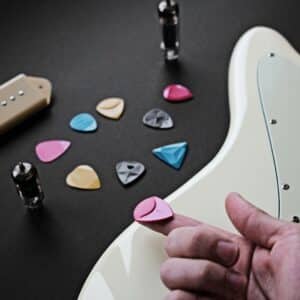
Strings and picks are essential for beginning guitarists because they have a direct impact on the sound and playability of the guitar. With the right strings and picks, it can be much easier for beginners to learn and play the guitar.
A beginner should aim to change their guitar strings every 2-3 months to ensure they’re getting the best sound quality out of their instrument. By regularly changing your strings and using the appropriate picks, you’ll be able to enjoy a rich, beautiful sound that will enhance your learning experience.
Summary
In conclusion, choosing the best guitar for beginners is an essential first step in your musical journey. By understanding the different types of guitars, considering factors such as budget, size and comfort, playability, tone and sound quality, and investing in the right accessories and maintenance, you’ll be well on your way to becoming a skilled guitarist. With the right instrument, dedication, and practice, you can unlock your full potential and embark on a rewarding and fulfilling musical journey. So, go ahead and take the leap – your future self will thank you!
For beginning guitarists, the best type of guitar is a steel-stringed acoustic. It’s relatively inexpensive compared to electric models, and its strings are easy on the fingers – perfect for practicing chords and strumming.
With its robust sound, it’s an excellent option for beginners looking to create beautiful music.
If a beginner wants to learn how to play rock and metal music, then electric guitars are a great choice due to the potential to use distortion and other effects. On the other hand, if they want to learn folk or classical music styles, then an acoustic guitar is a better option. Ultimately, you should choose the one that will make learning the most fun!
